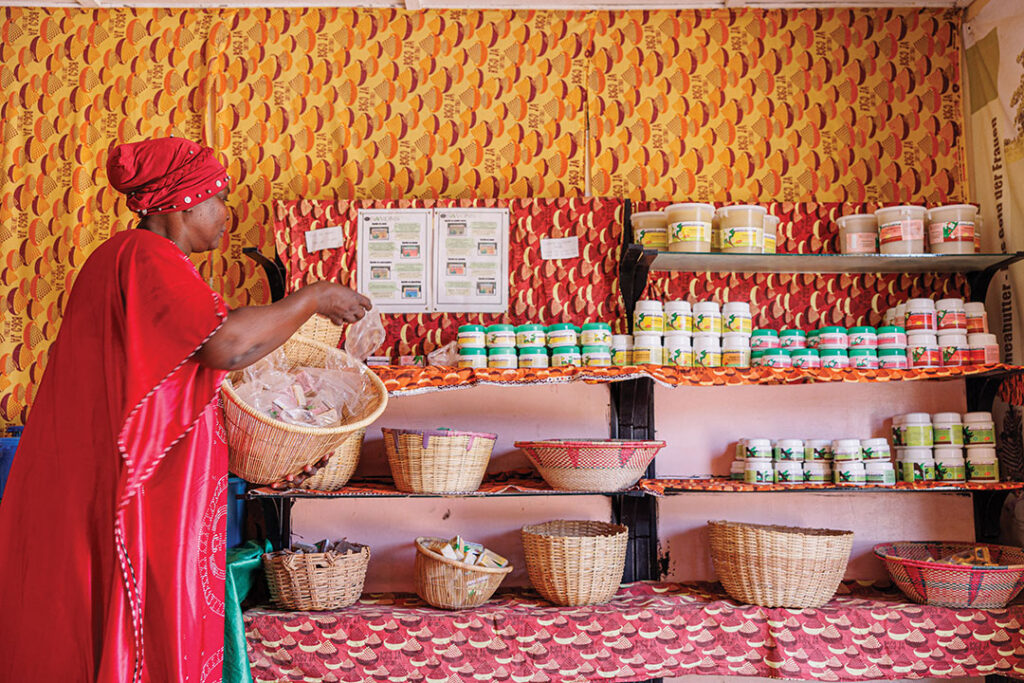ADF STAFF
As the number of coups grows across Africa, economists are tracking the cost in terms of slowed growth and
lost investment. They’re also looking at recent history to predict the economic impact on West Africa.
The United Nations Development Programme published a study in July 2023, “Soldiers and Citizens: Military Coups and the Need for Democratic Renewal in Africa,” that shows how the costs of coups add up.
The study found that the coups “discouraged investors and curtailed economic activities.” It added that the impact of coups is felt at all levels of the economy. “Food and essential commodity prices — already under pressure due to COVID-19 and, more recently, conflict in Ukraine — have been affected by the instability in all settings,” the report’s authors found.
The study estimated that Guinea’s 2008 coup and Mali’s coup in 2012 erased a combined $12 billion to $13.5 billion from their economies over five years, which represented 76% of Guinea’s 2008 gross domestic product (GDP) and almost half of Mali’s 2012 GDP.
In Burkina Faso, which recorded two coups in 2020, economic growth slowed to 2.5% in 2022 after a robust 6.9% the year before, according to The Associated Press.
Gabon’s military coup in August 2023 led to a steep drop for its bonds on the international market.
“The military takeover will force investors to reassess their interest in Gabon and the wider political landscape in the region,” Maja Bovcon, senior Africa analyst at risk intelligence company Verisk Maplecroft, told Reuters.
In Guinea, immediately after Col. Mamady Doumbouya overthrew the government in 2021, the country’s mining sector saw prices shoot to the highest level in a decade.
Doumbouya tried to reassure Guinea’s business and economic partners. He asked mining companies to continue their work and exempted mining areas from the nightly curfew. But the sector was badly damaged.
“The excuse most coup-plotters give for overthrowing a sitting government is mostly poor economy, corruption, insecurity, and poor governance,” Israel Ojoko wrote for Nigerian news website The Cable. “But they end up not adding any value.”

